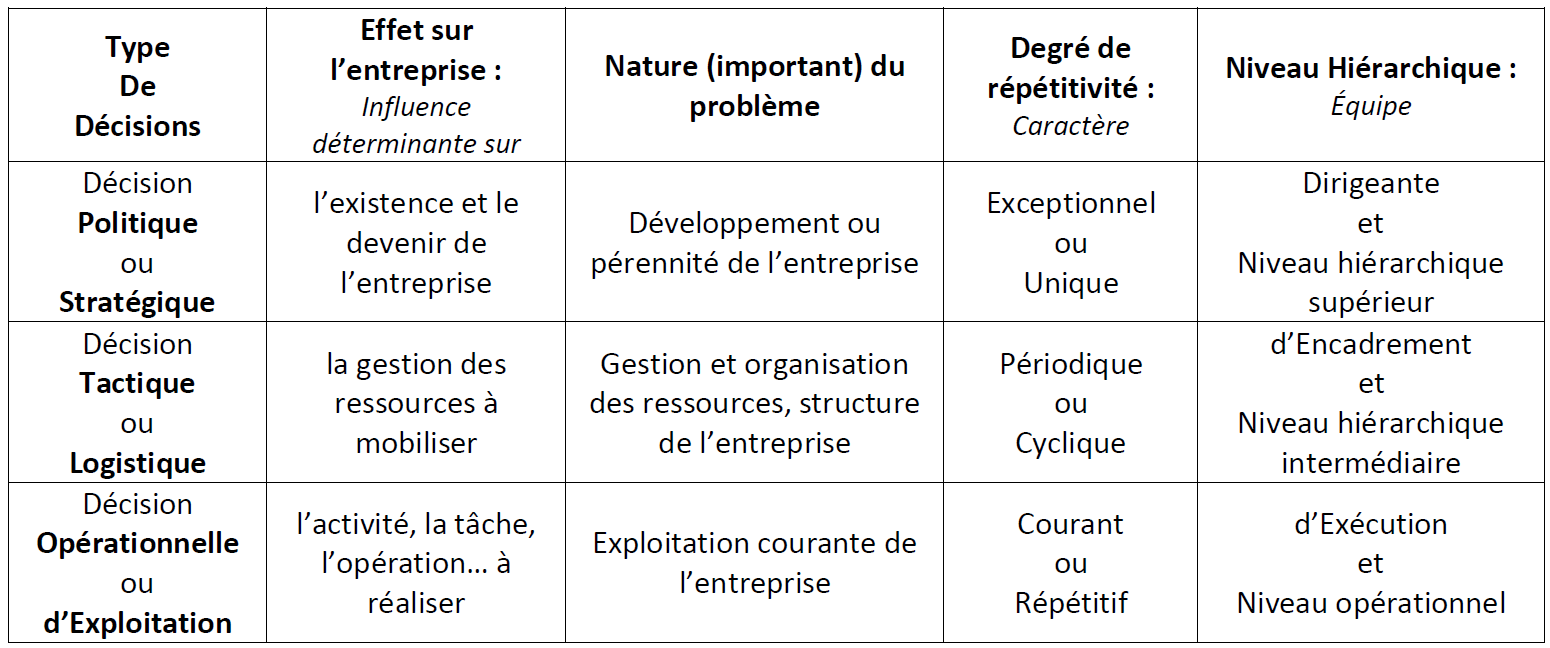New Caledonia: Valls' Third Visit Hinges On Political Responsibility

Table of Contents
The Stakes of Valls' Visit to New Caledonia
New Caledonia's history is deeply intertwined with France. French colonization, beginning in the 19th century, significantly shaped the territory's political and social landscape. This legacy continues to fuel the ongoing debate surrounding independence, a crucial element of the political responsibility France must address. The territory's economic importance to France and the broader Pacific region is undeniable, largely driven by its significant nickel reserves. However, this wealth hasn't been equally distributed, leading to significant social and economic disparities.
New Caledonia boasts a diverse population, with the indigenous Kanak people forming a substantial majority. Their identity, culture, and aspirations for self-determination are central to the current political climate. Valls' visit must address these deeply rooted issues to foster reconciliation and ensure a stable future for New Caledonia.
- Referendum Results and Their Implications: The previous referendums on independence have highlighted the deep divisions within New Caledonian society, with the results indicating a lack of consensus on the future of the territory.
- Ongoing Social and Economic Disparities: Significant inequalities persist between the Kanak population and other ethnic groups, creating social tensions and undermining political stability. Addressing these disparities is fundamental to establishing political responsibility.
- The Role of the French Government in Mediating These Issues: France has a critical role to play in facilitating dialogue, promoting reconciliation, and ensuring that the rights of all communities are respected.
- Importance of Dialogue and Reconciliation: Open and honest dialogue between all stakeholders is paramount to bridging the divides and fostering a sense of shared future for New Caledonia.
Political Responsibility: A Balancing Act
Navigating the complex political landscape of New Caledonia presents immense challenges for Valls. He faces the difficult task of balancing the expectations of pro-independence factions, who advocate for self-determination and greater autonomy, with the demands of pro-France groups who wish to maintain the current status quo. Failure to address the underlying issues could result in further political instability and potentially escalate social tensions.
- The Need for Concrete Actions Beyond Symbolic Gestures: Valls' visit must go beyond symbolic gestures and focus on delivering tangible solutions to the pressing issues facing New Caledonia.
- Addressing Economic Inequalities and Social Injustices: A key component of political responsibility lies in implementing policies that reduce economic disparities and promote social justice for all communities.
- Respecting the Rights and Aspirations of All Communities: The French government must actively protect the rights of all citizens, regardless of their political affiliation or ethnic background, ensuring inclusivity and equal participation in decision-making processes.
- The Role of International Observers in Promoting Transparency and Accountability: International observers can play a valuable role in ensuring transparency and accountability in the political processes, promoting trust and confidence among all stakeholders.
The Economic Dimension of Political Responsibility in New Caledonia
Political instability directly impacts New Caledonia's economy. The uncertainty surrounding the territory's future can deter foreign investment and hinder economic growth. Sustainable development, particularly in resource management, is crucial for long-term prosperity. Nickel mining, a cornerstone of the New Caledonian economy, requires responsible management to ensure its long-term viability and avoid environmental damage.
- Nickel Mining and Its Significance to the Economy: Nickel is a vital resource, but its exploitation must be balanced with environmental sustainability and equitable distribution of its benefits.
- Tourism Potential and Its Sustainable Development: Developing sustainable tourism can diversify the economy and create new opportunities for employment and revenue generation.
- Foreign Investment and Its Impact on the Local Economy: Attracting foreign investment requires a stable political climate and assurances of regulatory certainty to stimulate economic growth.
- Addressing the Challenges of Economic Diversification: Over-reliance on nickel mining poses economic risks; diversifying the economy is crucial for resilience and long-term prosperity.
Kanak Aspirations and the Path Forward in New Caledonia
The Kanak people's historical struggle for self-determination cannot be ignored. Their culture and customary law play a vital role in shaping political discourse, and their aspirations must be central to any solution. Finding a way to achieve reconciliation and shared governance, respecting Kanak identity and rights, is paramount.
- The Importance of Recognizing Kanak Identity and Rights: Acknowledging and respecting the unique identity, culture, and customary law of the Kanak people is essential for fostering reconciliation and mutual understanding.
- Incorporating Kanak Perspectives in Decision-Making Processes: Ensuring Kanak participation and representation in decision-making processes is crucial for creating a truly inclusive and equitable political system.
- Potential Models for Shared Governance and Power-Sharing: Exploring different models for shared governance and power-sharing can pave the way for a more equitable and representative political system in New Caledonia.
- Long-Term Strategies for Social and Political Stability: Implementing long-term strategies that address social and economic disparities and promote political stability is crucial for building a more just and prosperous New Caledonia.
Conclusion
Manuel Valls' third visit to New Caledonia is a critical moment that tests France's commitment to political responsibility in the Pacific. The success of this visit depends on addressing the economic and political aspirations of the Kanak people while safeguarding French interests. The path forward requires genuine dialogue, concrete action, and a commitment to long-term sustainable development.
Understanding the complexities of the situation in New Caledonia is crucial for informed discussion and action. Stay informed about the developments following Valls' visit and continue the conversation about responsible governance in New Caledonia. Let's work together to ensure a just and prosperous future for this unique Pacific territory, addressing the vital needs of the Kanak people and upholding the principles of political responsibility in New Caledonia.

Featured Posts
-
 Daniel Dubois Vs Martin Bakole Analyzing The Unexpected Matchup
May 05, 2025
Daniel Dubois Vs Martin Bakole Analyzing The Unexpected Matchup
May 05, 2025 -
 France Le Gouvernement Prend Des Decisions De Defense Sans Consulter Le Public
May 05, 2025
France Le Gouvernement Prend Des Decisions De Defense Sans Consulter Le Public
May 05, 2025 -
 Indy Cars Move To Fox A Comprehensive Guide
May 05, 2025
Indy Cars Move To Fox A Comprehensive Guide
May 05, 2025 -
 Hollywood Production Grinds To Halt As Actors Join Writers Strike
May 05, 2025
Hollywood Production Grinds To Halt As Actors Join Writers Strike
May 05, 2025 -
 Nyc Filming Bradley Cooper Directs Will Arnett For Is This Thing On Photo 5133881
May 05, 2025
Nyc Filming Bradley Cooper Directs Will Arnett For Is This Thing On Photo 5133881
May 05, 2025
Latest Posts
-
 101 Samsung Tablet Is It A Real I Pad Competitor
May 31, 2025
101 Samsung Tablet Is It A Real I Pad Competitor
May 31, 2025 -
 Samsung Tablet 101 Price Tag Targets I Pad Market
May 31, 2025
Samsung Tablet 101 Price Tag Targets I Pad Market
May 31, 2025 -
 Budget Tablet Battle Samsungs 101 Deal Vs Apple I Pad
May 31, 2025
Budget Tablet Battle Samsungs 101 Deal Vs Apple I Pad
May 31, 2025 -
 Samsungs 101 Tablet Deal A Challenger To Apples I Pad
May 31, 2025
Samsungs 101 Tablet Deal A Challenger To Apples I Pad
May 31, 2025 -
 Samsung Galaxy Tab Undercuts I Pad 101 Bargain
May 31, 2025
Samsung Galaxy Tab Undercuts I Pad 101 Bargain
May 31, 2025
